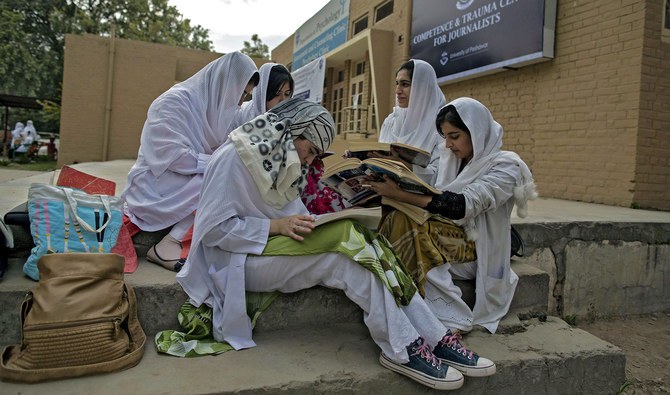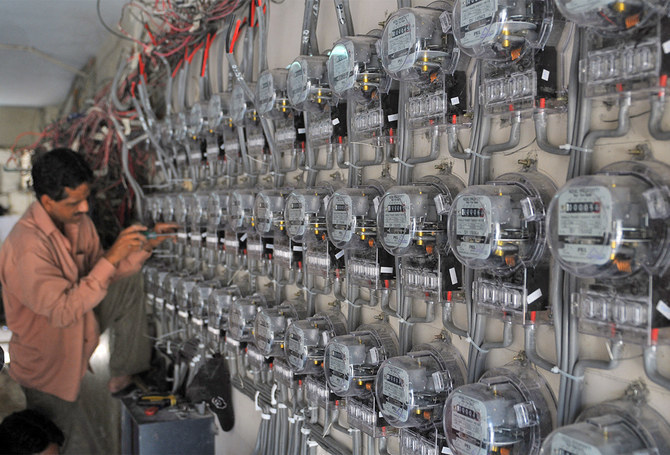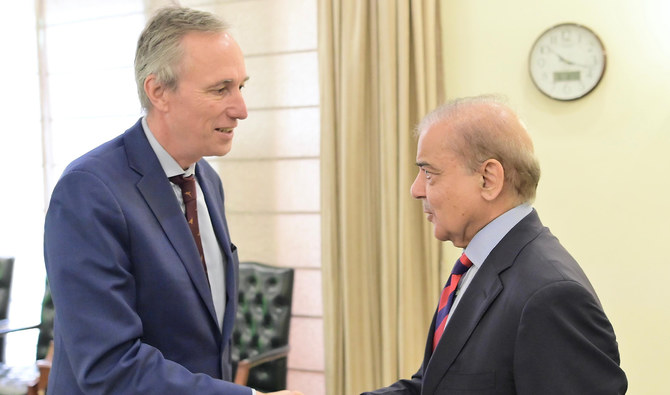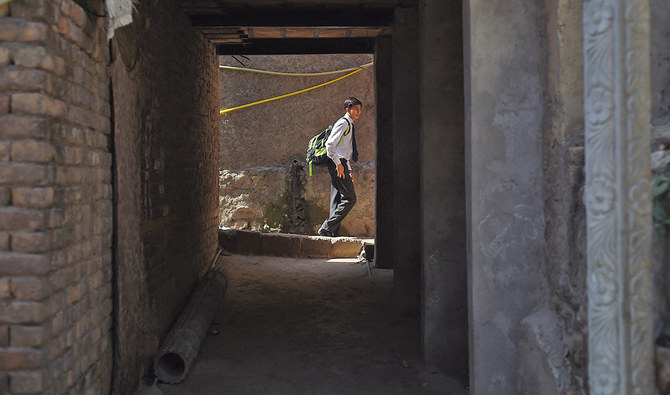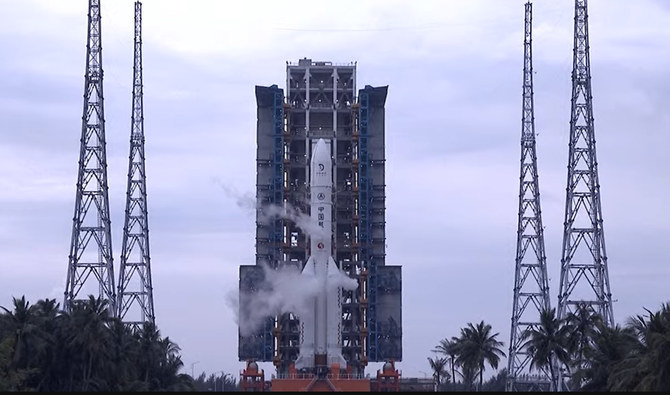ISLAMABAD: The government has refused to locally register thousands of medical graduates who completed their degrees from international institutions that are included in the “grey and black lists” of Pakistan Medical Commission.
A recently constituted regulatory authority, the commission maintains the official register of medical practitioners in the country and has sorted international medical colleges in its green, grey and black lists. All recognized foreign medical colleges are part of the green list while the unrecognized institutions are added to its grey and black lists.
The government has informed thousands of students, who have either graduated from colleges in the grey and black lists or enrolled in them, that their degrees would not be recognized. This has led the students to protest against the commission as many of them call the decision “arbitrary and illegal.”
“We worked hard to become doctors by staying away from our homes,” Mian Abid, a recent medical graduate from Kyrgyzstan, told Arab News on Thursday. “Our efforts have been wasted by this official decision.”
“The commission framed its rules for medical graduates from foreign universities only a few weeks ago,” he continued. “It should not apply them retrospectively.”
A large number of Pakistani students who fail to secure admissions in public medical colleges due to cutthroat competition get themselves enrolled in Russia, Central Asian states and other countries where medical education is cheaper and it is relatively easy to get admission.
Kyrgyzstan is among the most popular destinations with these students where they can graduate as doctors by spending half the amount as compared to their home country.
All the foreign qualified graduates are required to take an exam upon their return to Pakistan to get certification from the medical regulator before they can begin house job or launch professional career in the country.
The government passed the Pakistan Medical Commission Act, 2020, in September last year in a bid to regulate and improve the standard of medical and dental education in the country and assess the quality of foreign institutions where Pakistani students were getting enrolled to become doctors.
“All foreign medical colleges from where Pakistanis have graduated are registered with their respective health ministries and regulators,” Sheikh Ayaz, a recent medicine graduate from Kyrgyzstan who is struggling to get his degree verified, told Arab News.
He said the whole world was accepting medical graduates from colleges in Kyrgyzstan and other countries, though they were now blacklisted in Pakistan. “Thousands of Pakistanis students move to Kyrgyzstan, China, Russia and other countries where they can afford medical education since it is not affordable in local private colleges,” he said.
The government has put at least 21 medical colleges of Kyrgyzstan and Uzbekistan on its black list for not meeting the required criteria, while 294 institutions from 48 other countries, including Saudi Arabia, the United Arab Emirates, Qatar, Turkey, Iran and Egypt, are added to the grey list for being under assessment.
Mohammad Ali Raza, vice president of the Pakistan Medical Commission, said the regulator would not compromise on the standard of medical and dental education, adding it would only grant licenses to those students who fulfilled its required criteria.
“It would be an injustice to 220 million Pakistanis if we grant licenses to these graduates who have studied in fake medical colleges,” Raza told the media on Thursday.



